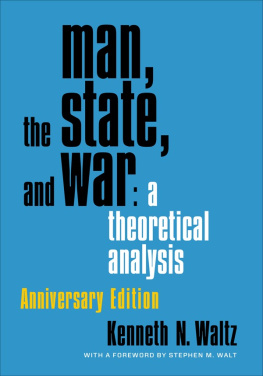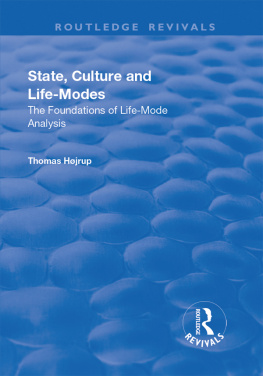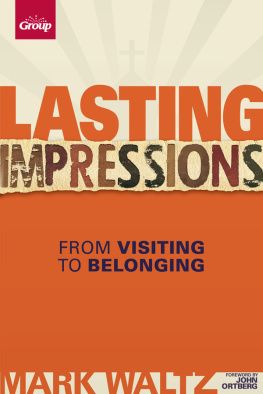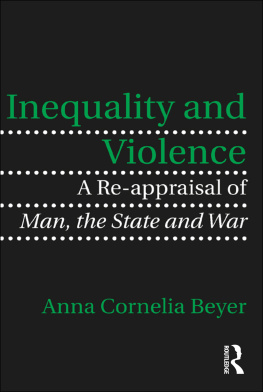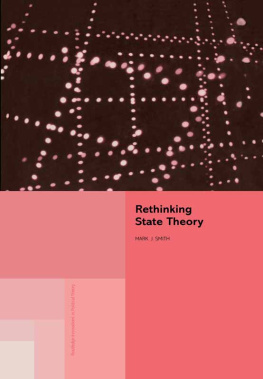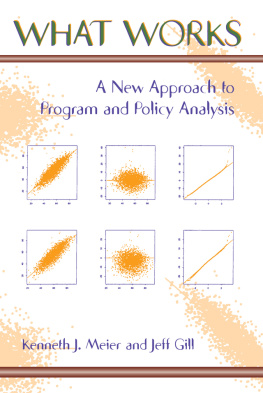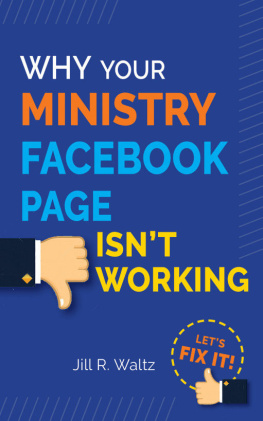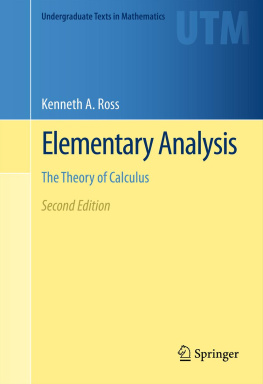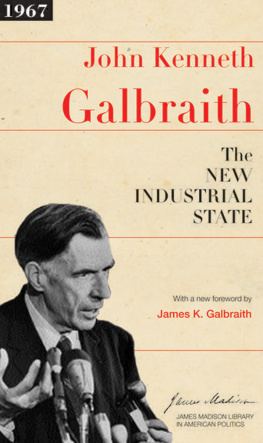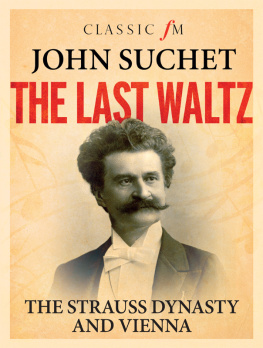Columbia University Press
Publishers Since 1893
New York Chichester, West Sussex
cup.columbia.edu
1954, 1959, 2001 Columbia University Press
Foreword to the anniversary edition 2018 Columbia University Press
All rights reserved
E-ISBN 978-0-231-54763-5
Library of Congress Cataloging-in-Publication Data
Names: Waltz, Kenneth N. (Kenneth Neal), 19242013, author.
Title: Man, the state, and war : a theoretical analysis / Kenneth N. Waltz.
Description: Anniversary edition. | New York : Columbia University Press, [2018] | Originally published: 1959. With new foreword by Stephen M. Walt. | Includes bibliographical references and index.
Identifiers: LCCN 2018001956 (print) | LCCN 2018016898 (ebook) | ISBN 9780231547635 (e-book) | ISBN 9780231188043 (cloth : acid-free paper) | ISBN 9780231188050 (paperback)
Subjects: LCSH: International relationsPhilosophy. | State, The. | War.
Classification: LCC JZ1316 (ebook) | LCC JZ1316 .W35 2018 (print) | DDC 303.6/6dc23
LC record available at https://lccn.loc.gov/2018001956
A Columbia University Press E-book.
CUP would be pleased to hear about your reading experience with this e-book at .
Stephen M. Walt
BY ANY criteria, Kenneth N. Waltzs Man, the State, and War: A Theoretical Analysis merits the label of a classic. Originally written as Waltzs doctoral dissertation at Columbia University in 1954 and subsequently published in 1959, Man, the State, and War was soon recognized as a foundational work in the field of international politics. It has been assigned to thousands of college students and continues to be read, pondered, and widely cited more than sixty years later.
But what gives Man, the State, and War its special status? Certainly one key feature is its longevity: it has stood the test of time and still offers useful insights decades after it was first published. A second virtue is its depth and subtlety: like all classics, one can return to it over and over and find new wisdoms each time.
Yet the chief contribution of Man, the State, and War is its organization and clarification of a large, disparate, and frequently contradictory body of Western thought that attempted to explain the causes of war and tell us how we might make the world more peaceful. Waltz shows that these different theories can be grouped into three distinct categories, which he calls images. The first image emphasizes the nature of human beings, while the second image stresses the internal structure of the states that comprise the international system. The third image focuses on the structure or architecture of that system. Within each image, Waltz identifies striking similarities between the writings of classical political theorists, modern social scientists, and politicians and reformers of various stripes. This keen insight into how to organize the fieldwhich Waltz later recalled as a light [that] flashed in my mindgives readers a simple but powerful framework for classifying and weighing competing arguments about the origins of war.
But Man, the State, and War does more than just sort the existing literature; Waltz also has important things to say about the strengths and weaknesses of the arguments contained in each image. He appreciates the wisdom offered in the diverse writings that he examines, but he is also keenly aware of their limitations. His critiques of different works are acute and compelling; in each case, Waltz cuts to the core of a thinkers arguments and shows us where they stand and where they fall.
Most importantly, he emphasizes that wars are caused by factors found within each image, while the absence of a central political authority in the international systemwhat is commonly called anarchyboth makes war possible and impels states to compete with one another whether they wish to or not. For this reason, remedies located within a particular image are doomed to fail. Thus, Man, the State, and War doesnt just classify the existing literature, it teaches us how to think critically about the contents of each image and about how those images relate to each other.
As Waltz later acknowledged, he did not put forth a theory of international politics in Man, the State, and War. He accomplished that task two decades later in another landmark book. At the very start of his long and distinguished career, Waltz had grasped that theories are the indispensable link between observation and understanding. Without theory to guide us, piling up empirical associations is at best pointless and at worst leads us astray.
Finally, Man, the State, and War is a classic because it is a pleasure to read, a quality that has become increasingly rare in scholarly writings about international affairs. In addition to his other virtues, Waltz was a graceful and witty writer who drew easily upon literature, philosophy, history, and economics to enliven, inform, and entertain his readers. Waltzs erudition and command of his materials cannot fail to impress: it is clear he has read widely and thought deeply, and therefore it is unsurprising that his commentaries on thinkers ranging from Spinoza to Kant, from Wilson to Lenin, or from Morgenthau to Machiavelli (and many more) are an education in themselves.
Waltz does not dumb down his discussion for his readers sake, or try to sound profound by employing obscure language. His writing style is sophisticated but accessible, even when he is addressing complex arguments and concepts that are difficult to grasp. This quality makes Man, the State, and War an ideal book to assign to students: it helps them think clearly about international politics without making the process harder than necessary. Indeed, it makes learning about the causes of war enjoyable.
I first encountered this book in the fall of 1975. It was required reading in my introductory international relations course at college, and it was one of the first scholarly books on international relations that I ever read. The experience was both exhilarating and illuminating: I suddenly felt that I understood the problem of war in ways I had never considered before. I still had vast amounts to learn, of course, but reading Man, the State, and War helped convince me that it was possible to make sense of something as pervasive, enduring, and terrible as human conflict, and perhaps even draw a bit closer to solving it. Reading the book also made me curious about its author, and played no small role in my decision to study with him in graduate school.
Classic works of scholarship are rare, no matter how hard scholars try to produce them. Writing a seminal book requires asking big questions and providing bold and innovative answers, something that is much easier said than done. Rereading Man, the State, and War some forty years after I first encountered it reaffirms my deep respect for its author and his achievement, as well as my gratitude that I discovered it when I did. If you are about to read it for the first time, I hope you experience the same sense of discovery and appreciation.



